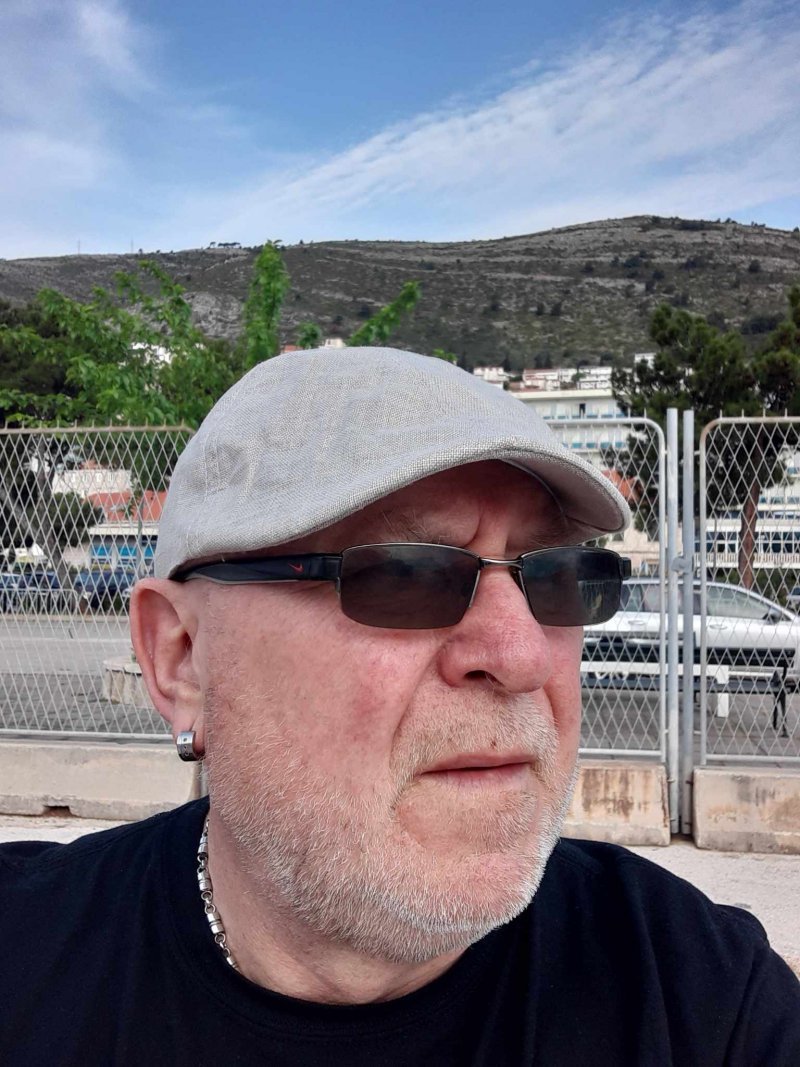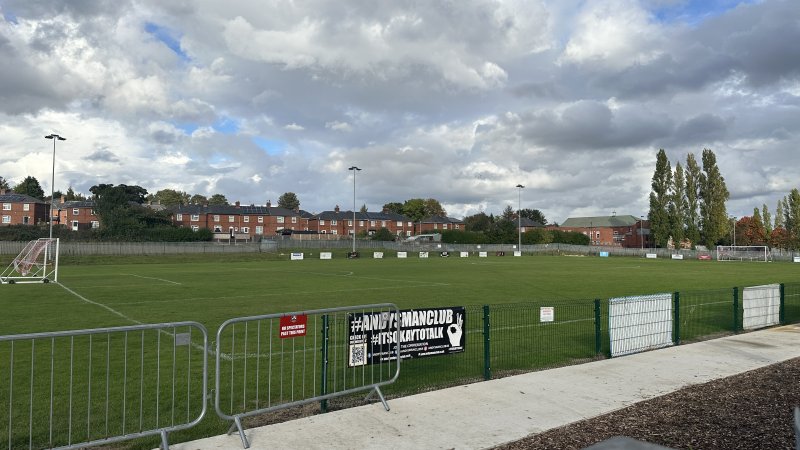LAST year, Janet and I watched the brilliant play, ‘Nye’, at the Parkway Cinema. It’s about the creation of the National Health Service (NHS) in 1948, and stars Michael Sheen.
After WW2, the socialist, Aneurin ‘Nye’ Bevan, was tasked with introducing a desperately needed reform for the health of the nation. Up until 1939, many working people and their children were dying unnecessarily because they couldn’t afford medical treatment. Five of Bevan’s own children died young.
My mother experienced life before and after the NHS was introduced and explained the difference:
“In the 1930s, when we turned up at St John’s School on the Barebones, we often discovered a vacant chair. We’d be told by our teacher that our classmate had died of diphtheria or mumps or whooping cough or some such childhood illness. Your Uncle Tommy contracted flu and before he deteriorated, your grandma had to decide whether to pay for a doctor’s visit - which she could ill afford - or nurse him herself and hope for the best. By the time the doctor was called, Tommy was dangerously ill with double pneumonia. The family was left traumatised.
“I, myself, contracted diphtheria and the doctor had to perform an emergency tracheotomy to save my life,” she said, pointing to the scar on her neck.
She went on: “The situation changed completely with the advent of the NHS. After 1948 very few children died of these easily preventable diseases. Thank God for our NHS.”
Bevan demanded a publicly owned, not-for-profit service, to be paid for out of taxation. That way, the very rich would not only have to pay their fair share (proportionally) they would also be stopped from hiving off huge dividends for themselves. Moreover, treatment would be free at the point of delivery, meaning all British citizens would have an equal right to all possible treatments, no matter what their circumstances. It would be free to see a doctor, free to stay in hospital, free for cancer and heart operations, or (later) joint replacements, etc.
The Tories weren’t at all happy with this. If they could not prevent the socialist method of healthcare they were determined to make sure it was, at least, funded by an insurance-based scheme – like the kind we have for our pets today.
The difference between the two systems of funding was fundamental. Under the insurance scheme, there’d be different levels of cover. Bog-standard cover would allow you to recover part of the cost of low-level treatment, whereas a vastly expensive, gold-plated policy, would cover much more advanced procedures (tax deductable for business owners, of course). For example, if you were involved in a road accident, you would have to show an adequate insurance policy before you could be treated. Without it, medical care would be very basic or denied – just like it would for an under-insured pet.
Expensive operations, or prolonged stays in hospital, would disappear for all except the very wealthy.
Bevan fought tooth and nail against such an insurance-based scheme, and, fortunately, got his own way. But this issue remained a constant bone of contention right up to the present day.
But be warned. As you read this, lurking in the wings, is the current darling of the far-right – Reform’s Nigel Farage. He’s always been a big believer in the Thatcherite free-market, and has added his weight behind the insurance-based scheme. He takes us all for fools.
Some Farage fans might be gullible enough to fall for his skulduggery, but I’m certain the majority will see straight through his weasel words.
What a terrible retrograde step it would be for the working man and woman if this was to happen. They’d be expected to pay more for less.
It will be interesting to see who wins the day.
In 1948, on the very eve of the greatest improvement in the lives of ordinary folk in British history, Bevan aired his fears when he said: “The NHS will [only] last as long as there are folk left... to fight for it.”
So, 77 years later, the big question is: are there, indeed, enough folk left who’re prepared to fight for it?
I’ve no doubt there are, because this is a far bigger issue than restoring a bus route for a few senior citizens. The lives of almost all our children and grandchildren could be at stake, and they’re depending on us.



























